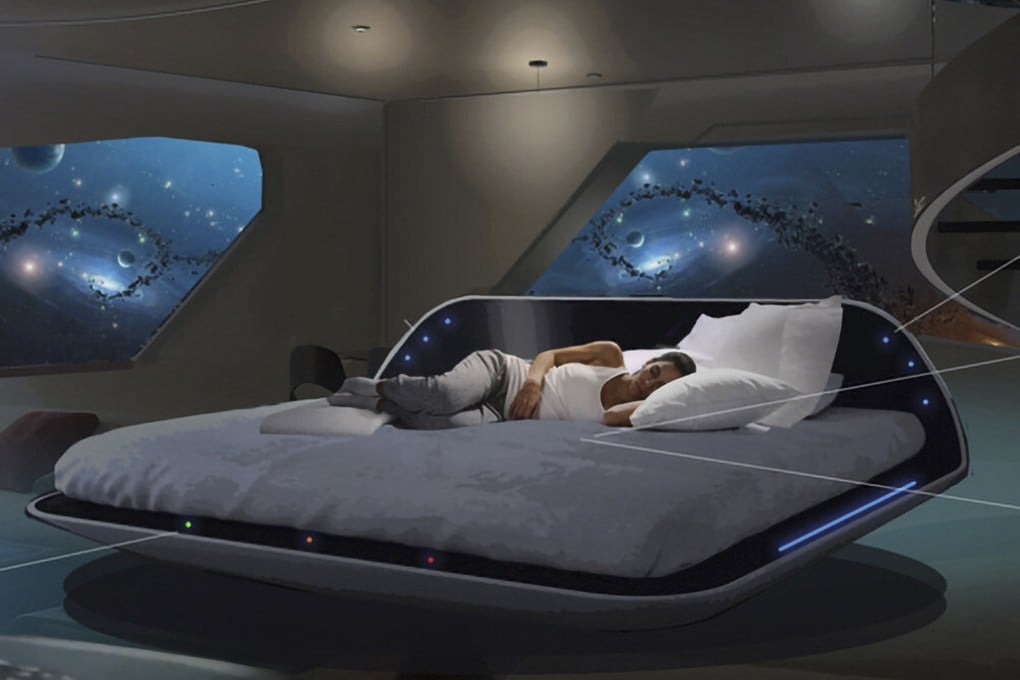The hotel of the future: robot butlers, smartphone-controlled beds and guest rooms on wheels on the agenda for Knowledge of Design Week
- Hotel designers and operators have joined forces to envisage the hotel of the future, focusing on the challenges facing the industry post-Covid-19
- The ideas, such as a wearable ‘pebble’ encoding a guest’s preferences, exist in other forms and could be adapted to hospitality, Gettys Group’s Ron Swidler says

Imagine a hotel where your bed monitors your sleeping patterns and adjusts the environment to provide the ultimate night’s sleep. Or where your guest room is on wheels: a driverless RV fitted out by your favourite hotel chain to traverse the great outdoors, stopping at partner hotels along your route for housekeeping and dips in the hotel pool. Need more towels? Your robotic butler will be right there.
These ideas may sound fantastical, but the technology to develop them is already here and it’s set to transform hotels and the way we use them after the coronavirus pandemic.
So says US design and development firm The Gettys Group’s chief innovation officer, Ron Swidler, and the 1,000 hotel executives and 70,000 travellers who evaluated the findings of the group’s global think tank, Hotel of Tomorrow.
“We’re not inventing all-new technologies,” says Swidler. “They exist in other forms. We’re just trying to apply them to the hospitality industry and think of ways that would enhance a future guest experience.”

Swidler, who is based in Chicago, will discuss the project on June 23 in a Global Conversation on Hospitality panel that is part of Hong Kong’s Knowledge of Design Week (KODW).